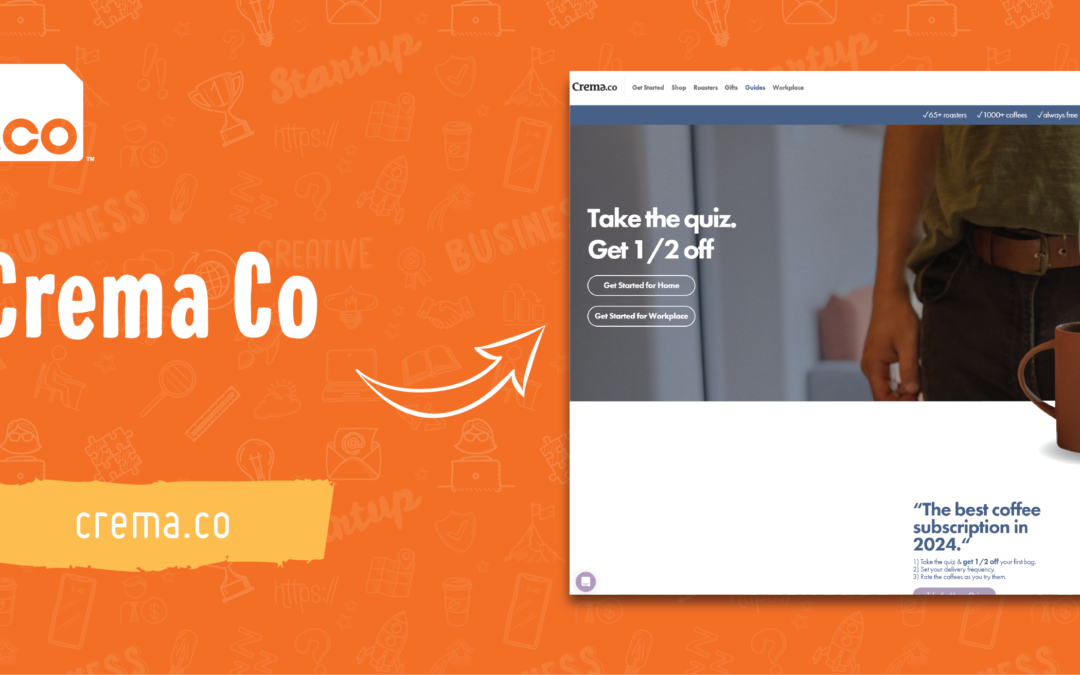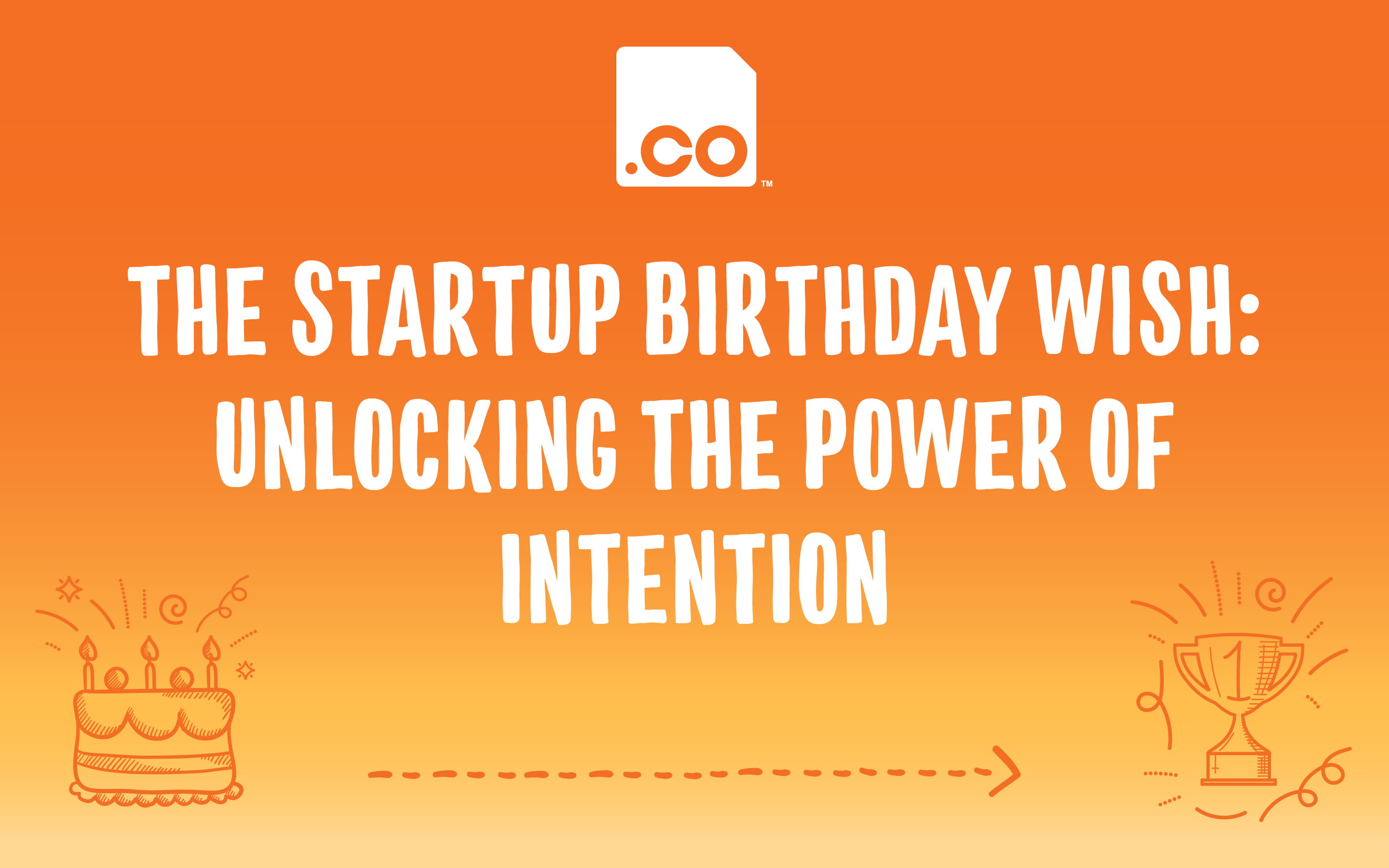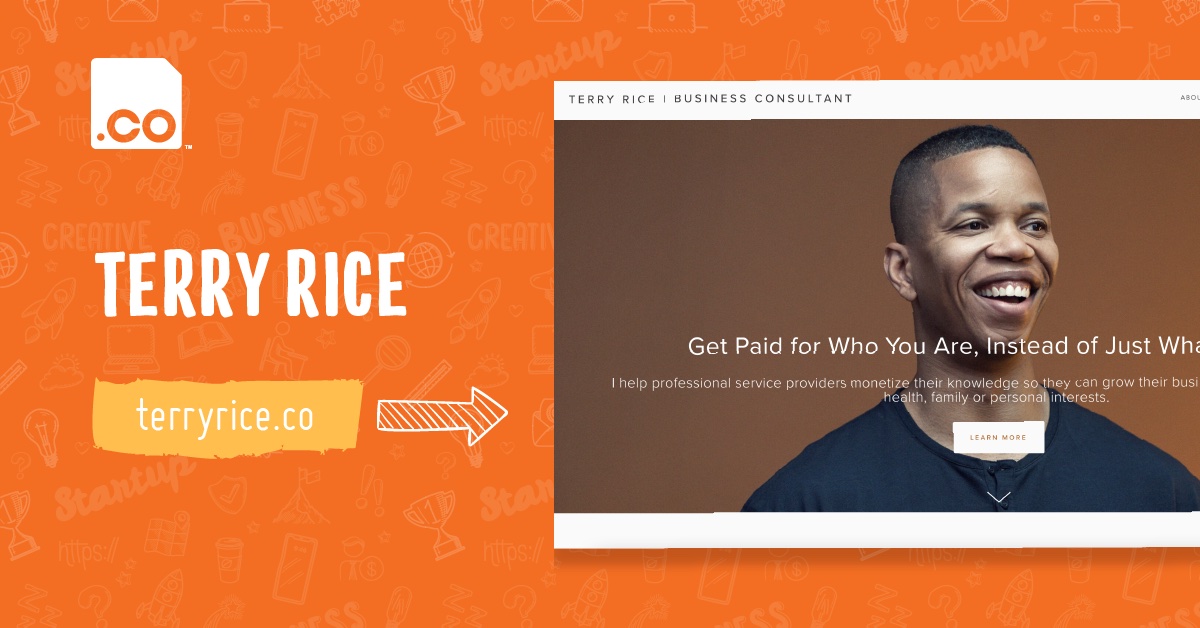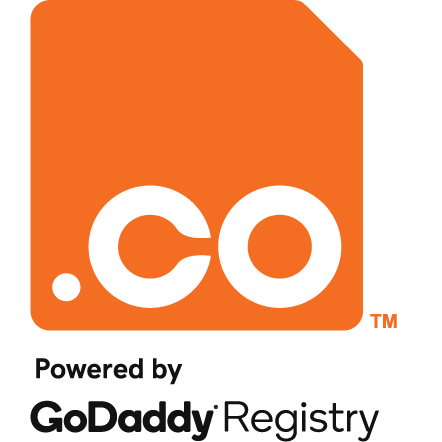In the caffeinated realm, where coffee aficionados find their pulse quickening, Michael Klassen emerges as a third-generation maestro in the java saga. For him, blending tradition with tech and e-commerce was more than just a concoction—it was a transformation of the ordinary cup.
In the early 1970s, Klassen’s grandfather brewed the inception of a coffee legacy. His father sustained it through the years, and, like any young rebel, Klassen attempted an escape. Yet, destiny had other plans as he found himself embracing the legacy, delivering coffee at the tender age of 17.
“My grandfather started a coffee business in the early 1970s, my father did it most of his life and like every young adult I tried to break free but found myself carrying the torch,” Klassen writes in his LinkedIn.
But Klassen was no mere courier; he ventured into the realms of sales, management, and technology, never forsaking his passion for exquisite beverages—from craft cocktails to collectible wines, and, inevitably, the artistry of being a barista.
“Like all jobs there’s a lot of mundane stuff to do . . . so if one’s days consist of enjoying a little bit of the above, how bad can it be?” Klassen muses. This thrill led to the birth of Blue Tiger Coffee Service in 2007 in the vibrant city of Seattle. Klassen and his family observed a void in workplace coffee culture, and Blue Tiger was the remedy—providing offices with the perfect blend of coffee, equipment, and services.
After nearly a decade at the helm of Blue Tiger, Klassen’s journey delved into consulting and managing director roles across coffee and tech domains. However, the irresistible allure of coffee beckoned him once more in 2015, giving rise to Crema Coffee Company—a revolutionary coffee subscription platform.
Reflecting on his Blue Tiger days, Klassen identified a crucial issue: the allure of fresh and exciting coffee wore off over time. The solution? Crema.co—a venture aimed at refining the subscription coffee model, offering freshness and an array of choices.
The lessons learned from his first venture influenced his new idea: “The problem we ran into at Blue Tiger was the coffee was fresh, fun and exciting for a while, but eventually it got old and people wanted to try something new,” Klassen wrote on LinkedIn. “The novelty had worn off.”
With crema.co, Klassen basically set out to streamline the subscription coffee model and deliver more varieties to consumers. “We needed the coffee fresh from the roaster but also needed more selection and the ability for offices to get seasonal single origin coffees, not just blends.” Crema.Co adopted the dropship model, which sourced coffees directly from the roaster, the day after roasting, in order to ensure freshness and variety.
This is when Klassen’s experience in technology came in handy. He and his Crema team have since designed a seamless customer experience. “[Customers] can view the several hundred coffees that are within their companies budget, then simply click the Request button and their vote is logged until that coffee has enough Requests and it’s ordered. If your coffee didn’t have the most votes this time, it will eventually come around.”
“Now everybody gets their coffee and gets to drink it too,” adds Klassen.
Here Klassen shares more about the launch of Crema.co, his company mission, and what it was like going from leading a B2B to a B2C venture.
What is the company mission of Crema.co?
We bring the finest Specialty roasted coffees to a single platform for people to find and try to explore. We highlight small independent roasters who may not have a huge marketing budget but focus on making incredible coffees.
What is the biggest obstacle you face as the founder of this company?
Advertising and marketing budgets, we are up against big conglomerate-owned platforms with millions of dollars thrown at marketing and advertising themselves.
What was it like establishing a digital presence for Crema.co?
I really like domains that are not industry, location, or business type/genre specific. With a .co you can pivot in a lot of different ways allowing for a lot of flexibility amid a changing business landscape.
What’s the most important lesson you’ve learned since starting this company?
Don’t do it, just invest in Bitcoin or Amazon. Just kidding! I knew B2B but didn’t know much about B2C so it’s been a somewhat long and painful experience learning the ropes. When it comes to B2C it’s a much more macro marketing game and you really have to commit. Whether it’s to social media, and ad campaigns for a specific marketing strategy.
What’s your advice to other aspiring coffee, or digitally-driven, entrepreneurs?
At the end of the day, my view is that the gatekeepers (Big Tech) really expect a slice of every sale otherwise you’re relegated to the back bench fighting for eyeballs. They control what people see and do, so very intentionally, you just have to play their game. Sure, referrals/word-of-mouth is powerful too but it’s more powerful in B2B where each sale is larger. In B2C you need a bunch of people looking and hopefully buying before it’s impactful so referrals aren’t enough.
What is your biggest milestone so far?
Everyday is a learning process but at the same time, every time I learn, whether it’s what to do or what not to do, I become more confident and proficient. Instead of one big Aha moment it’s a series of small wins and losses that help direct the vision and keep me going.





